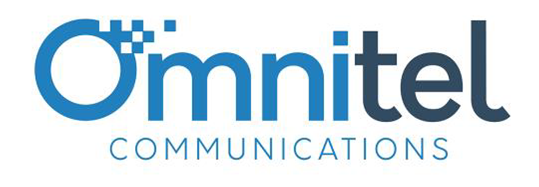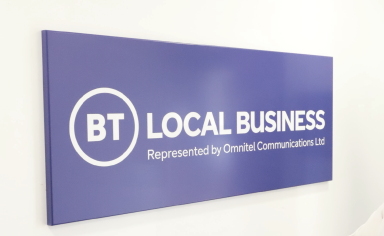There has never been a time when the internet was more relied on. Some of us might feel empty without our phone for a few hours, but elsewhere, businesses and entire industries rely on the internet staying in its best shape.
If you are looking at your internet options, you’ll need to know that the internet you’re buying is reliable enough to handle your business. A part of that is understanding the difference between broadband and leased lines. These are the two main options you’ll have to decide between, so knowing the difference will go far in making an informed decision. Read on for the difference between broadband and leased lines internet access.
What are these?
Broadband and leased lines are the two main forms of data connection. Typically, large businesses look to leased lines for high-quality and reliable internet that will allow them to upload and download large amounts of data at high speed, whereas broadband can be found in homes and public spaces for less hefty internet usage.
Leased lines is an umbrella term for a range of options, including Full Fibre, Ethernet in the First Mile, and Ethernet over FTTC.
Maximum speeds
A big difference between broadband and leased lines is their maximum speed capabilities. Broadband speeds are far lower than leased lines, with the latter offering speeds of up to 10Gbps (or 10,000Mbps) throughout the UK while broadband only offers up to 24Mbps.
Fixed connection speeds
What makes leased lines so reliable and fast is their fixed connection speeds. This means that leased lines offer a solid and consistent flow of internet connection, rather than patchy connections that float in and out depending on location, number of users, whether there’s a wall blocking things, etc.
To sum up, leased lines offer a guarantee, while broadband tries its best.
Speed choices
However, businesses don’t need to gain a contract that only offers the highest speed for the most amount of money. Another difference between broadband and leased lines is the speed choices amongst the two.
As mentioned, broadband services tend to be patchy based on location, and you’re likely to get a different rate of speed depending on the location, whereas leased line networks offer up to 10Gbps, and can offer a range of options within that number. You can have a contract that offers 10Mbsp, 30Mbps, 50Mbps, 100Mbps, 200Mbps and 1Gbps.
No phone service connected
An obvious difference between broadband and leased lines is the fact that broadband comes with a phone connection, whether you want it or not. Leased lines aren’t provisioned over phone lines and so don’t come with the landline connection.
Point to point options
Where your connection is coming from is also a difference between leased lines and broadband. Broadband gives you one option: the circuits link your site to the ISP’s core network, whereas leased line circuits can do that, but also offer more options. A lot of firms opt for point-to-point leased lines, that link two offices or data centres together.
Physical route
In the same vein, another difference between broadband and leased lines is the route the data will take to get to you. Broadband gives you no say in the matter and will go where it needs to go to get the job done. Leased lines, meanwhile, can offer you options like connecting with two separate physical networks so you have a backup if one were to cut out. And you can opt to order the secondary circuit to be connected in a different node, like a data equivalent of a backup generator not connected to the same grid.
Monthly price
The most important difference between broadband and leased lines will likely be its price to some. Far faster speeds won’t come without the price to match, so leased lines come with a far higher price tag.
Excess Construction Charges
And on the same subject, leased lines are not opposed to resulting in some additional “excess construction charges”, which are more rare but not impossible with broadband, which is another difference between broadband and leased lines.
An Excess Construction Charge occurs when a provider will need to physically connect your site to their network, resulting in some extra labour that needs paid for. Usually this isn’t necessary with broadband if you are ordering over the top of a pre-existing phone line.
Contract length
Due to the nature of the connection appealing to large businesses, the contract length between broadband and leased lines is drastically different too. Leased line contracts tend to be no less than 12 months, but the average is 36 months, and sometimes all the way up to 60 months, meanwhile consumers will know that broadband tends to come in contracts that last a month, 12 months, 18, or 24 months.





